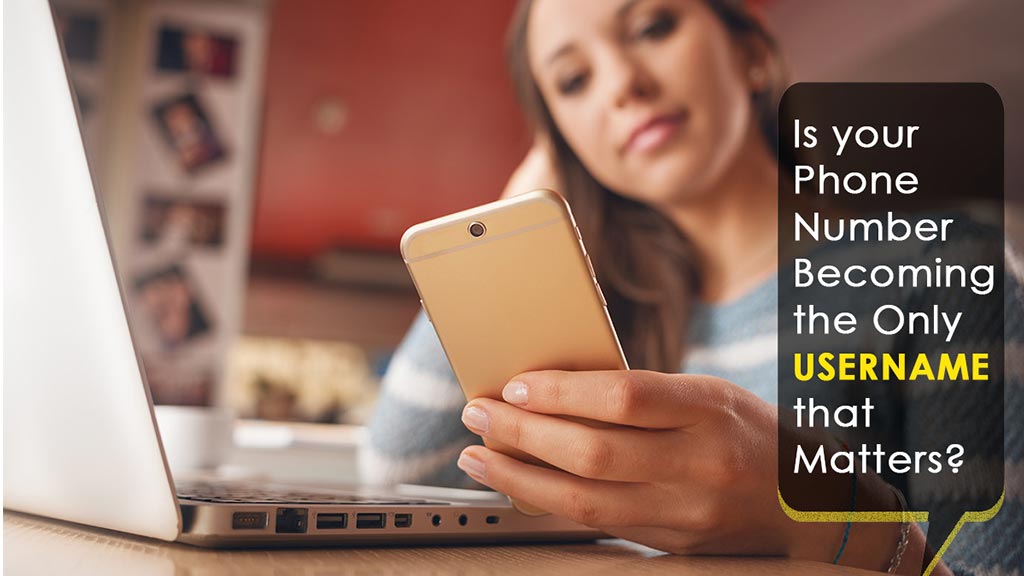Do you know the story behind the creation of the world’s popular messaging app, Whatsapp? Ok, let’s begin today’s article with that one since it’s connected to our topic for today.
The founder of Whatsapp Jan Koum initially had no idea to create a messaging app. All he wanted to do was check the status messages of everyone in his phone contact book, right next to their names. He was also aware that not all users would be keen on creating yet another login id and password, for his app. People didn’t just want to go through the process of signing up for yet another social network, just to check out the status of all their buddies.
So what did Koum do? He overcame this challenge by letting people sign into his app using their phone numbers. The brilliant manoeuvre, right? Well, it didn’t end there. His masterstroke was using the iPhone address book API to scan contacts on your list to see who was already using Whatsapp and who weren’t on it.
Koum says that he was extremely lazy when it came to remembering usernames and passwords. Over the summer, he couldn’t remember his Skype login details and ended up creating three different accounts. So, he wanted users on his app to forget to deal with a login id and password.
This was one of the reasons for the massive success of Whatsapp.
Today, Whatsapp is just one among the dozens of popular mobile apps, that no longer require you to provide a login id. You can just use your phone number to create an account and start accessing your account.
Some of the other popular apps that identify your credentials with a phone number are:
- Facebook Messenger
- Snapchat
- Amazon
- Periscope
- And, several others
All you need is a phone number, and you can sign up on any of these platforms, without having to provide an email id. Gone are the days, when you required an email id to chat and socialize with your buddies online. Today, a phone number is enough.
When you provide your phone number to sign in for the first time, the app sends a secret code to your mobile via SMS to verify your identity. Once you punch in the secret code, you are good to go. As you can see,
A Mobile World
Today, the world no longer is going mobile. It has already gone mobile. Ever since Google announced that the search engine is shifting to a mobile-first index, the world has rapidly gone mobile. If your website or service isn’t mobile-friendly, then you risk getting lost.
Today, people are no longer using smartphones as a second choice. Instead, more and more people are actively shifting from desktops and laptops to mobile devices like smartphones and tablets.
Way back in the late 80s and early 90s, when the internet began to make its appearance, what was the first thing you remember doing? Creating an electronic mail account, right? (Remember those days of dial-up connections and Netscape Navigator???)
The email presented us with a whole new revolutionary way of staying connected with our friends and family. Apart from that, the email also provided us with a way to stay in touch with our favourite brands by signing up for newsletters.
But, with the increase in smartphone usage and the era of social networks and instant messaging apps, more and more people don’t sign in to their email accounts for personal use. And, many youngsters aka digital natives don’t bother signing up for email IDs.
This brings us to an important question,
Are our Email IDs still Needed?
There’s no arguing the point that emails are still useful. For instance, most people prefer emails when connecting with their colleagues. (Even here, several other office and teamwork tools connect entire teams, without the need for an external email app).
And, when it comes to connecting with brands, today people make use of social media platforms like Twitter, Instagram, and Facebook to connect with their preferred brands – be it for voicing complaints, queries, and feedback. This is because – most brands from big corporations to tiny startups are active on social media and use these platforms to interact with their customers.
Even here, email has taken a backseat.
Is Email Relevant Today?
This brings us to the crux of the matter. Just a few years ago, email was mandatory – whether communicating with friends and colleagues, signing up for brand news, or any other service, your email address was the preferred communication channel.
But today, times have vastly changed. With that said, email is still needed today, but what has changed is – why it’s needed.
Phone Numbers are becoming the Only Username that Matters
As our phones get smarter and smarter, they are essentially doing the tasks of computers. The best part – your phone number works as an id for both business and personal use. You can use your smartphones to connect with clients and colleagues, and schedule meetings.
When it comes to personal use, the answer is a no-brainer. Most people don’t want to deal with the hassles of switching between a personal computer and a Smartphone. And, since a Smartphone offers mobility, there’s no doubt as to which one they prefer.
Smartphones are smarter, smaller, and cheaper and offer much more utility compared to laptops and desktops.
The Bottom Line – Is the Email Heading the Way of the Dinosaurs?
Well, no. Not yet. Though the email is being used lesser and lesser, it’s still relevant. With that said, the phone number looks like it’s all set to attain the coveted position occupied by email ids, just a few years back.
And, if you haven’t yet embraced the mobile-first wagon, it’s high time you do so. Get in touch with our team to find out what we can do for your business in mobile SEO. And, if you still believe that email marketing has potential (you’re right), get in touch with us to up your email marketing game plan.


